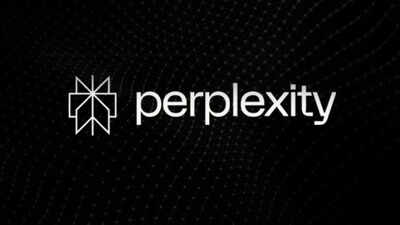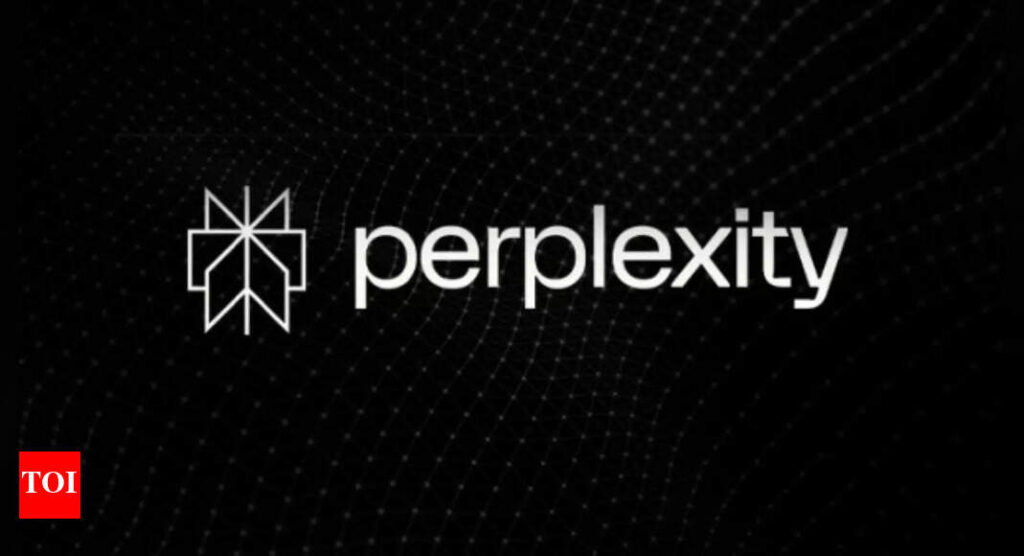 Two of Japan’s most prominent newspapers, Nikkei and the Asahi Shimbun, have filed a lawsuit against artificial intelligence (AI) startup Perplexity AI. The legal action, announced in a joint statement this week, seeks a court injunction and 2.2 billion yen ($15 million) each in damages, asserting that Perplexity used their content without proper authorisation.According to a report by Bloomberg, the lawsuit has been filed at the Tokyo District Court. The media industry, both in Japan and the US, argues that generative AI tools that scrape and reproduce their content without licenses directly siphon away readership and advertising revenue, thereby threatening already fragile business models.“These actions amount to continuous and large-scale freeloading on journalists’ time and effort,” the Nikkei and Asahi stated. They warned that if left unchecked, this behaviour could “undermine all media outlets trying to accurately report the facts and ultimately shake the very foundations of democracy.”The lawsuit alleges that the San Francisco-based AI company has been reproducing and saving content from the Nikkei and the Asahi since at least June of last year. The newspapers further claim that the startup’s AI search results ignored specific coding designed to indicate off-limits content. They also assert that Perplexity introduced errors into its summaries, which were then incorrectly attributed to the news organisations, causing damage to their reputations.
Two of Japan’s most prominent newspapers, Nikkei and the Asahi Shimbun, have filed a lawsuit against artificial intelligence (AI) startup Perplexity AI. The legal action, announced in a joint statement this week, seeks a court injunction and 2.2 billion yen ($15 million) each in damages, asserting that Perplexity used their content without proper authorisation.According to a report by Bloomberg, the lawsuit has been filed at the Tokyo District Court. The media industry, both in Japan and the US, argues that generative AI tools that scrape and reproduce their content without licenses directly siphon away readership and advertising revenue, thereby threatening already fragile business models.“These actions amount to continuous and large-scale freeloading on journalists’ time and effort,” the Nikkei and Asahi stated. They warned that if left unchecked, this behaviour could “undermine all media outlets trying to accurately report the facts and ultimately shake the very foundations of democracy.”The lawsuit alleges that the San Francisco-based AI company has been reproducing and saving content from the Nikkei and the Asahi since at least June of last year. The newspapers further claim that the startup’s AI search results ignored specific coding designed to indicate off-limits content. They also assert that Perplexity introduced errors into its summaries, which were then incorrectly attributed to the news organisations, causing damage to their reputations.
US publishers also allege Peplexity used their data without permission
This is not the first time that Perplexity has been mired into controversy. Forbes accused the company of illicitly pulling its stories and publishing them, while Wired reported that Perplexity was scraping content from it and other Condé Nast-owned publications.Previously, a coalition of eight US newspapers filed a copyright infringement lawsuit against OpenAI and Microsoft in a federal court, alleging that the technology powering their AI chatbots, ChatGPT and Copilot, was illegally trained using millions of their articles.According to the legal filing, the lawsuit claimed the defendants “purloin[ed] millions of the publishers’ copyrighted articles without permission and without payment to fuel the commercialisation of their generative artificial intelligence products.”
Google Pixel 10 series: 5 Things That Matter


AloJapan.com